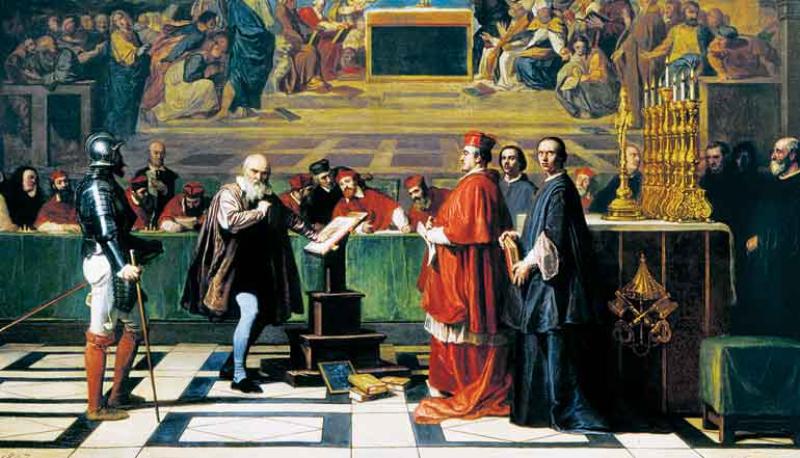The Scientific Revolution: An Overview

A Lesson Plan for AP European History
Introduction
The Scientific Revolution represented a shift in thinking in a handful of academics in the 16-18th centuries. Each of these scientists were products of their own cultural traditions and modes of thought. From our modern perspective, they held onto some mystical ideas that we would identify as “Medieval.” However, their discoveries paved the way for a more rational understanding the universe and for the development of the scientific method. This new understanding of the mechanics of the universe, especially Newton’s principles of motion, encouraged many intellectuals as a whole to think about themselves, society, government, and the universe in rational, scientific terms, which helped pave the way to the Enlightenment in the 18th Century.
Objectives
- Students will identify the significant figures of the Scientific Revolution and their contribution to scientific knowledge
- Students will demonstrate knowledge of the historical roots of scientific thinking
- Students will identify the scientific method and explain how this represented a revolution in thinking, focusing on paradigm shifts.
- Students will demonstrate the cultural effects of the Scientific Revolution, especially within the context of the Reformation and how Newtonianism helped pave the way to the Enlightenment
Pre-Class Preparation
- Students will read the textbook section on the Scientific Revolution.
- Students will complete the “APEH Unit Review Worksheet” for this chapter as they do for all units. Length: 5 days
Lesson Plan
- Teacher will lecture on the main points of the Scientific Revolution using the Scientific Revolution PowerPoint. The presentation can be downloaded from the Harvey Goldberg Center for Excellence in Teaching at OSU page at SlideShare. The History Teaching Institute is part of the Goldberg Center.
- Embedded in the lecture and presentations are primary source documents and images. Students will engage in document analysis. Questions are included in the notes of the PowerPoint slideshow.
Follow-Up Activities
- Students will complete a Free Response Question (FRQ) essay and take an objective test to assess their knowledge relating to the objectives of the unit. The FRQ is: Assess the impact of the Scientific Revolution on religion and philosophy from the period of 1550-1750
Created by Joe Endres, Upper Arlington High School
